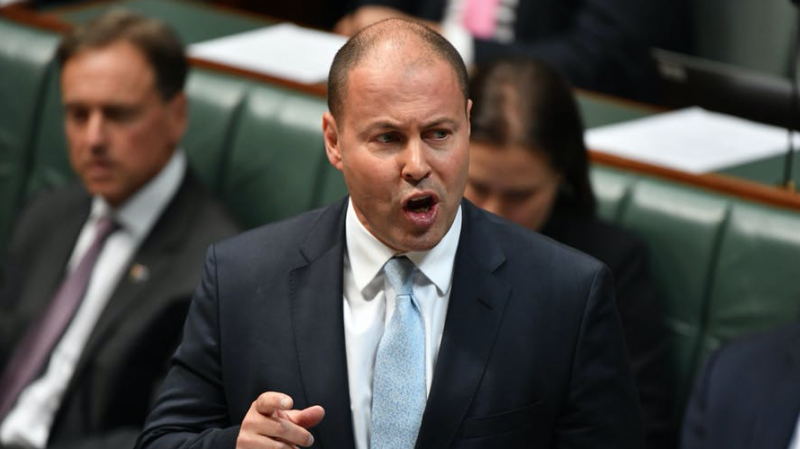Frydenberg introduces News Media Bargaining Code to parliament, questions of effectiveness follow
Treasurer Josh Frydenberg finally introduced the News Media and Digital Platforms Mandatory Bargaining Code bill to parliament yesterday, months after news companies first expected to start receiving payments from the digital platforms.
In his second reading speech, Frydenberg said the bill “represents a major reform—an historic reform—a world first, where the eyes of the world will be on what is occurring here in Australia”.

Frydenberg said the code will ‘level the playing field’

